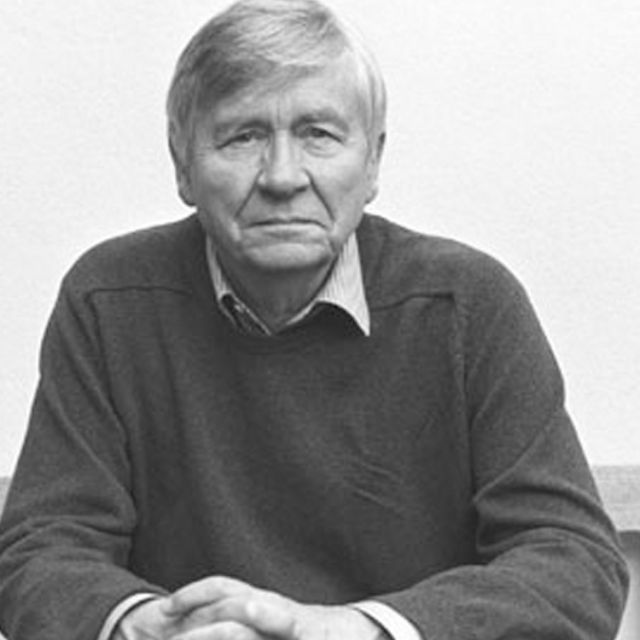With his novelistic skills Read is able to flesh out the pivotal characters that drive this story along, transforming what could be a pretty monochromatic succession of corrupt military officers, scheming lawyers, butt-covering politicians and rabblerousing journalists of the left and the right into distinct personages whose struggles fascinate us. Not the least of Read’s challenges in this way is the screaming beige non-entity at the heart of this storm, Dreyfus himself. A cold fish and unfaithful husband (though Dreyfus was sadly typical of most of his class on that score) with virtually no friends and an uncannily soporific manner of speaking, Dreyfus was a hard man to rally support for because he would not play the victim with any flair, let alone the martyred hero. Indeed, it was Dreyfus’ unnatural blankness of character that made him such an ideal screen on which to project prejudice and animosity.
Another distinctive qualification Read brings to this story is his Catholicism. In the prologue to The Dreyfus Affair he writes, “Can anything be said for the anti-Dreyfusards? Because so many of them were Catholics, both tribal and devout, Catholic historians have been wary of writing about the Affair, and before starting this book I asked myself whether it was prudent for me, as a Catholic, to remind the world of their role.”
Squarely facing up to this longstanding blot on the Catholic character — a blot that Pope John Paul II worked so hard to atone for and eradicate — Read approvingly quotes the Jewish historian Albert S. Lindeman who wrote, “If anti-Semitism is to be comprehended, it must be through an analysis of the gentile mind, a dissection of the pathologies of Western Christian thought that have over the ages powerfully conditioned non-Jews to hate Jews . . . I believe that a calm, balanced and unflinching effort to understand anti-Semitism and the anti-Semites is in the long run the best defence against the views they propagate.”
And that is precisely the kind of effort that Read makes here, writing that, “The Affair is intelligible only if it is seen in the context of the ideological struggle between the France of St. Louis and the France of Voltaire,” or between the predominantly Catholic Royalists and the predominantly Protestant, Jewish and agnostic Republicans. Not for one second is Read saying that the persecution of Dreyfus was justified. But he is saying that it wasn’t just blind anti-Semitism that caused the anti-Dreyfusards to lash out; that in the widespread anti-Church pogroms of the Revolution in which thousands of Catholic priests and laity were slaughtered (up to a third of the population in the west of France was massacred when the Republicans suppressed a Royalist insurrection) some long-simmering animosities were planted intractably deep.
In this important book, Read faithfully and honestly recounts a great wrong that Catholics played no small part in committing. And by filling in the historical background to that wrong he pushes back against the incessant and simplistic efforts of that legion of literary detractors like the late John Cornwell and Christopher Hitchens who will seize any opportunity going to smear the Church and depict Catholics as nothing more than mindless reactionaries.
(Goodden is a writer in London, Ont. His latest book is No Continuing City.)
Catholic-Jewish tensions as seen through the lens of the Dreyfus Affair
By Herman Goodden, Catholic Register SpecialThe prodigious Catholic novelist, historian and journalist Piers Paul Read has just produced his 23rd book, a non-fiction account of the most infamous miscarriage of justice in French history, The Dreyfus Affair. Read’s account of the wrongful conviction of junior military officer Alfred Dreyfus in late 19th-century France on charges of treason — and the campaign to overturn that injustice which set off riots and exposed the shocking depth of anti-Semitism bubbling under every strata of society — represents a perfect marriage of writer and subject.
Read’s skills as an historian would be required just to do justice to the main event of this many-peopled saga that takes almost 12 years to play out from Dreyfus’ exile and incarceration on Devil’s Island to his full social restitution. But Read’s story is much larger than that. To properly set the scene, Read devotes the first 70 pages of this very readable account to exploring the historic tensions between Jews and Catholics in France, going back to the French Revolution a full century before. And on the other side he brings the story (or at least the implications of the story) forward to the mid-20th century, showing how the Dreyfus Affair gave the world a nasty foretaste of the widespread persecution of the Jews that would be the distinctively horrific hallmark of the Second World War.
Please support The Catholic Register
Unlike many media companies, The Catholic Register has never charged readers for access to the news and information on our website. We want to keep our award-winning journalism as widely available as possible. But we need your help.
For more than 125 years, The Register has been a trusted source of faith-based journalism. By making even a small donation you help ensure our future as an important voice in the Catholic Church. If you support the mission of Catholic journalism, please donate today. Thank you.
DONATE
